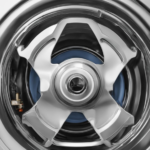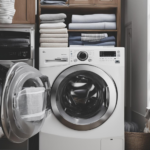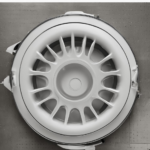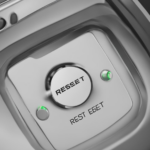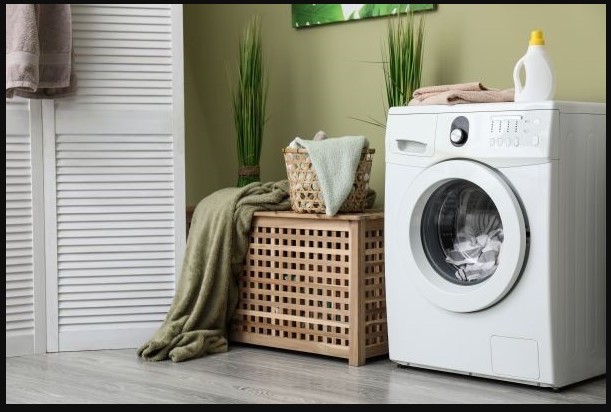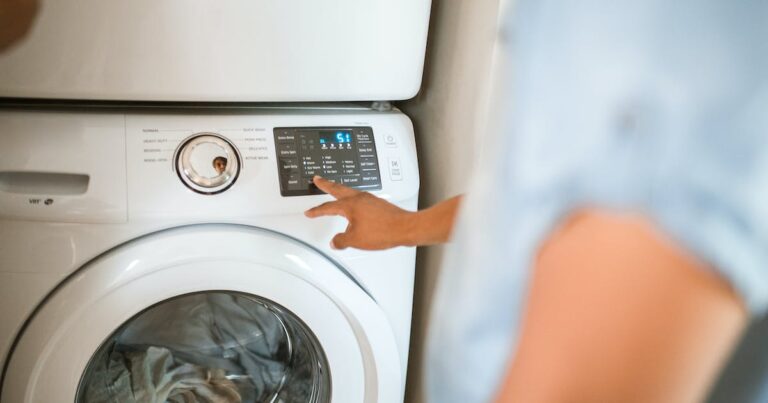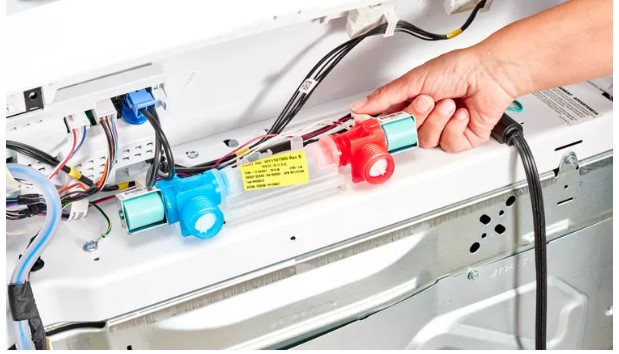What Are the Most Common LG Washing Machine Problems?
Table of Contents
Have you ever wondered why your LG washer occasionally acts up or malfunctions? As an LG washing machine owner for over a decade, I’ve certainly had my fair share of issues with this popular brand of washer. But through trial and error, research, and one too many service calls, I’ve become an expert on diagnosing and troubleshooting the most common LG washer problems. If your LG washer is rattling, not spinning, leaking, or displaying error codes, you’ve come to the right place. In this article, I’ll walk you through the problems I’ve encountered with my LG washer, what the root causes were, and how to fix them yourself without having to call in expensive service technicians. So if you’re frustrated with your LG washer’s annoying little quirks, read on. I have the solutions and insider tips to get your washer spinning happily again in no time. Let’s dive in!
How to Fix Frequent Error Codes in LG Washing Machines?
As an LG washing machine owner, I’ve certainly dealt with my fair share of error codes and issues. The good news is that many of the common problems with LG washers are easy to fix yourself.
One frequent error is ‘dE’, indicating the door won’t lock. This is usually due to a faulty door lock mechanism or wire harness. Try unplugging your washer for 5 minutes to reset it. If that doesn’t work, you may need to replace the door lock assembly. An easy DIY fix!
The ‘OE’ code means your washer has drained for more than 10 minutes. This can happen if the drain hose is kinked or clogged, or if the pump filter is blocked. Check and clean the drain hose and pump filter. You should be up and running in no time!
If your clothes aren’t spinning well and you see ‘UE’, it’s likely a problem with the unbalanced load sensor. Try redistributing the clothes to balance the drum. If that doesn’t solve it, the sensor may need replacement.
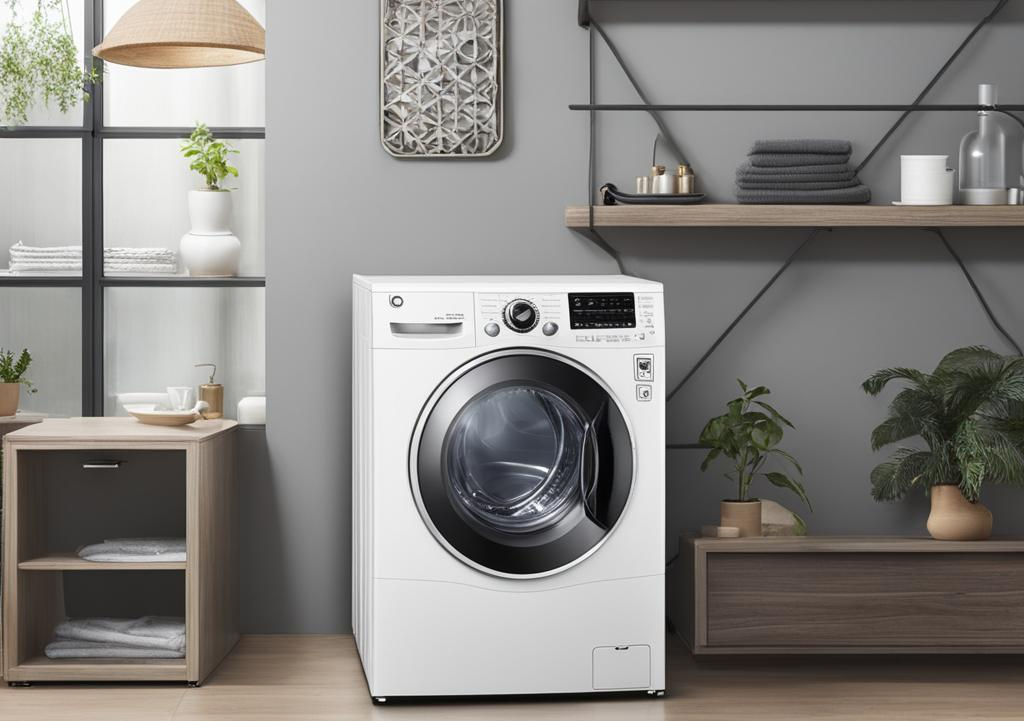
Other common issues include water inlet valve problems (‘IE’ code), thermistor failures (‘tE’ code), and motor overheating (‘OE’ code). With some troubleshooting, you can fix many of these yourself by checking hoses, valves, filters, and sensors. If all else fails, don’t hesitate to call a technician.
With regular maintenance like wiping down the door seal and doing a monthly hot wash cycle with 2 cups of white vinegar, you can avoid many LG washer mishaps. These trusty washers are highly reliable as long as you show them some TLC! Stay on top of any error codes, and your LG washer should keep humming along for years to come.
How to Fix LG Washer Draining and Spinning Problems?
As the owner of an LG washer, I’ve run into some issues from time to time. Two of the most frequent problems I’ve encountered are related to draining and spinning. ###
My washer sometimes fails to drain properly after a wash cycle. This usually means the drain hose is kinked or clogged, preventing water from emptying out of the drum. I have to unplug the washer, disconnect the drain hose, and clear out any debris. It’s an easy fix, but it can be annoying when I’m trying to get a load done!
The other common problem is the washer not spinning or not spinning fast enough during the spin cycle to extract water from the clothes. This often indicates an issue with the drive motor, belt, or clutch assembly that spins the drum. I’ve had to call for repairs when these parts malfunction since they can be difficult to access and replace on your own.
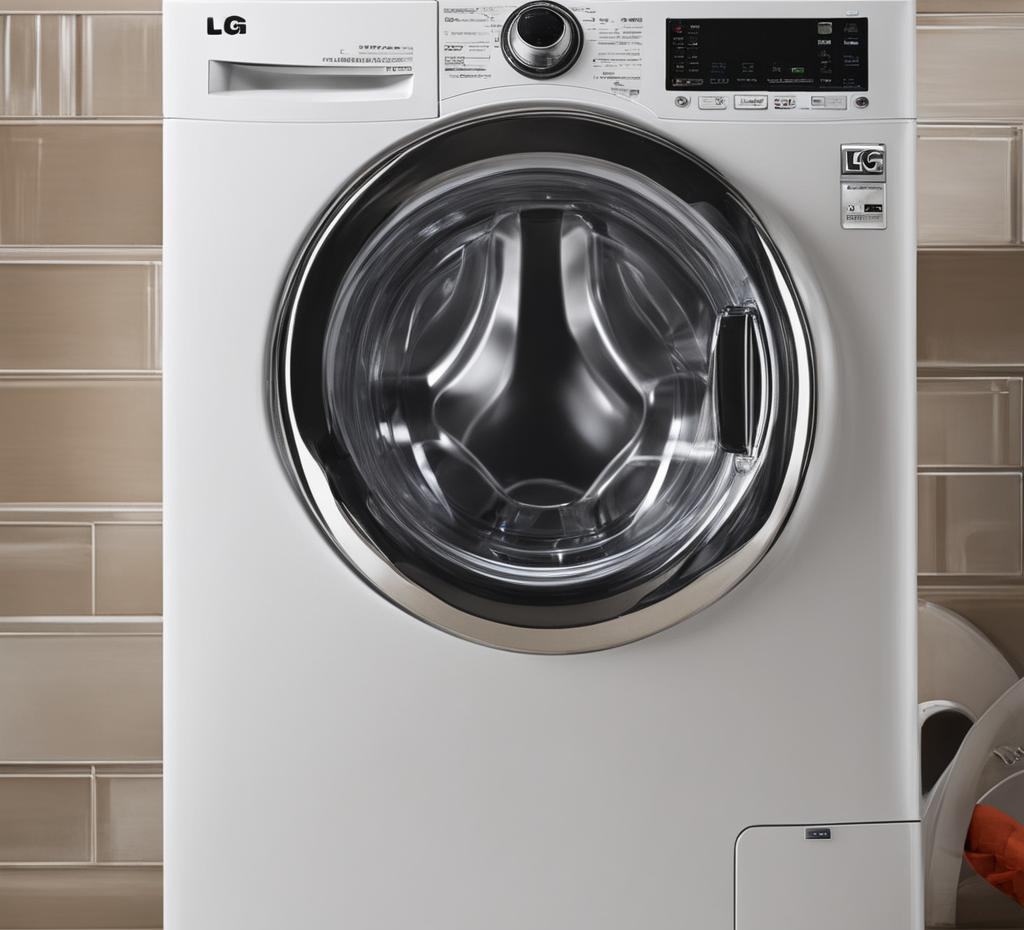
To minimize problems with draining and spinning, I now routinely check and clean the drain hose to remove any built-up lint or residue. I also try not to overload the washer, which can put extra strain on the motor and other spinning components. Performing regular maintenance like this helps keep my LG washer humming along happily!
While issues may come up from time to time, I find that LG washers are high-quality, innovative, and energy efficient. With some preventative care and attention, an LG washer can provide many years of fresh-smelling laundry. I hope these tips help you avoid and address any draining or spinning problems with your own LG washing machine!
Why is my LG washer making a Loud noise during the cycle?
Have you noticed your LG washer making strange noises recently? As an LG washer owner myself, I’ve encountered a few of these issues and have some tips to help diagnose and fix the problem.

What Are the Reasons for LG Washers Making Loud Noises During Cycle?
The spin cycle in particular can be noisy, but some sounds are normal, while others may indicate an issue needing repair. Loud squealing, scraping, or grinding noises are usually a sign of trouble. The most common culprits are:
- Faulty shock absorbers: The shocks attach the washer drum to the frame and muffle noises during spinning. Worn or damaged shocks won’t properly support and balance the drum, causing loud squealing or scraping sounds. Replacing the shock absorbers should silence the washer.
- Bad bearings: The bearings allow the washer drum to spin smoothly. Over time, the bearings can wear out or lock up, producing a loud grinding or squealing noise, especially during the spin cycle. A bearing replacement will be needed to fix the problem.
- Unbalanced load: An unbalanced load can cause the washer to shake and rattle during spinning. Make sure you’re loading items of similar size and weight and not overloading the washer. Redistributing the items may help, but for persistent issues, you may need to run a calibration cycle.
- Faulty drive belt: The drive belt rotates the washer drum. If the belt is worn, damaged, or loose, it won’t properly spin the drum, which leads to squealing sounds. Replacing the drive belt should remedy the noise.
Noisy washers can be annoying, but determining the cause of the sounds is the first step to resolving the problem. Try redistributing your laundry load first. If that doesn’t work, it’s best to contact an LG service technician to inspect and repair the washer. They can test components like the shocks, bearings, and drive belt and perform any necessary replacements to get your washer spinning—and sounding—like new again.
How Do You Fix Issues With Mold and Mildew in LG Washers?
One of the most frustrating issues with LG washers is mold and mildew buildup. As an owner of an LG washer for several years now, I’ve had my fair share of battles with the dreaded black spots and musty smells. The good news is that there are a few things you can do to prevent and eliminate mold in your LG washer.
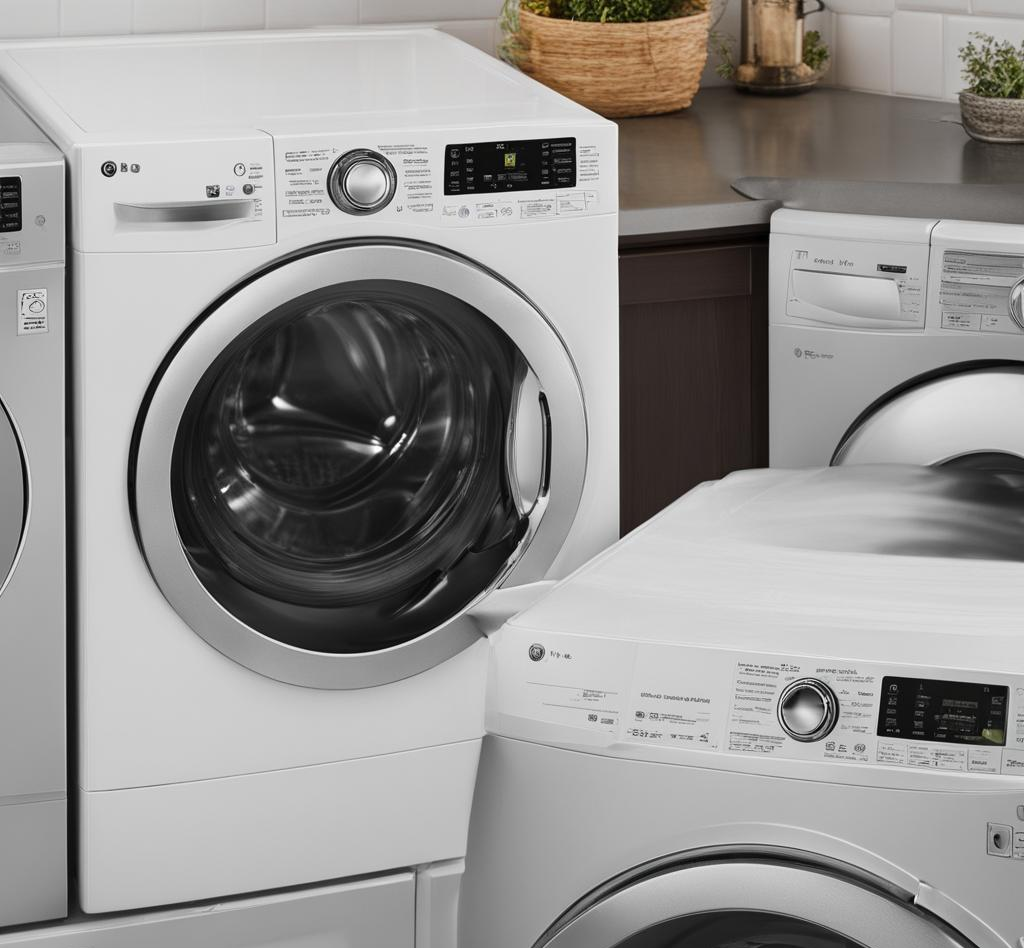
First, always leave the washer door open after a cycle ends to allow moisture to escape. I make it a habit to prop open the door with the door stopper or a towel to get maximum air flow. Leaving the door closed traps heat and moisture in, creating the perfect environment for mold and mildew to grow.
It also helps to run a hot wash cycle with 2 cups of white vinegar once a month or so. Vinegar is a natural disinfectant and deodorizer that kills mold and mildew spores. I like to run an empty ‘sanitize’ cycle with the vinegar on the hottest setting. The extreme heat combined with the vinegar does a great job sanitizing the washer drum and sealing where mold likes to hide.
If you do notice mold spots starting to form, create a DIY mold remover with equal parts water and either bleach or hydrogen peroxide, along with a squirt of dish soap. Run a hot wash cycle with 2 cups of the solution. The bleach or peroxide will kill the existing mold, while the dish soap helps lift away any residue. You may need to repeat this a couple of times for tough mold stains.
By properly ventilating your washer after use, performing regular maintenance cycles, and quickly treating any mold as soon as it appears, you’ll avoid harmful mold buildup and keep your LG washer in tip-top shape. Preventing mold in the first place is the best way to avoid frustration down the road! With these easy tips, you can outsmart mold and mildew.
What Are the Troubleshooting Tips for Common LG Washing Machine Problems?
Whoo hoo, you’ve got an LG washing machine! As an LG owner myself, I can tell you these washers are pretty sweet. However, like any appliance, problems can pop up from time to time. Don’t fret; many common LG washer issues are easy to fix yourself. Let me walk you through some troubleshooting tips I’ve picked up over the years.
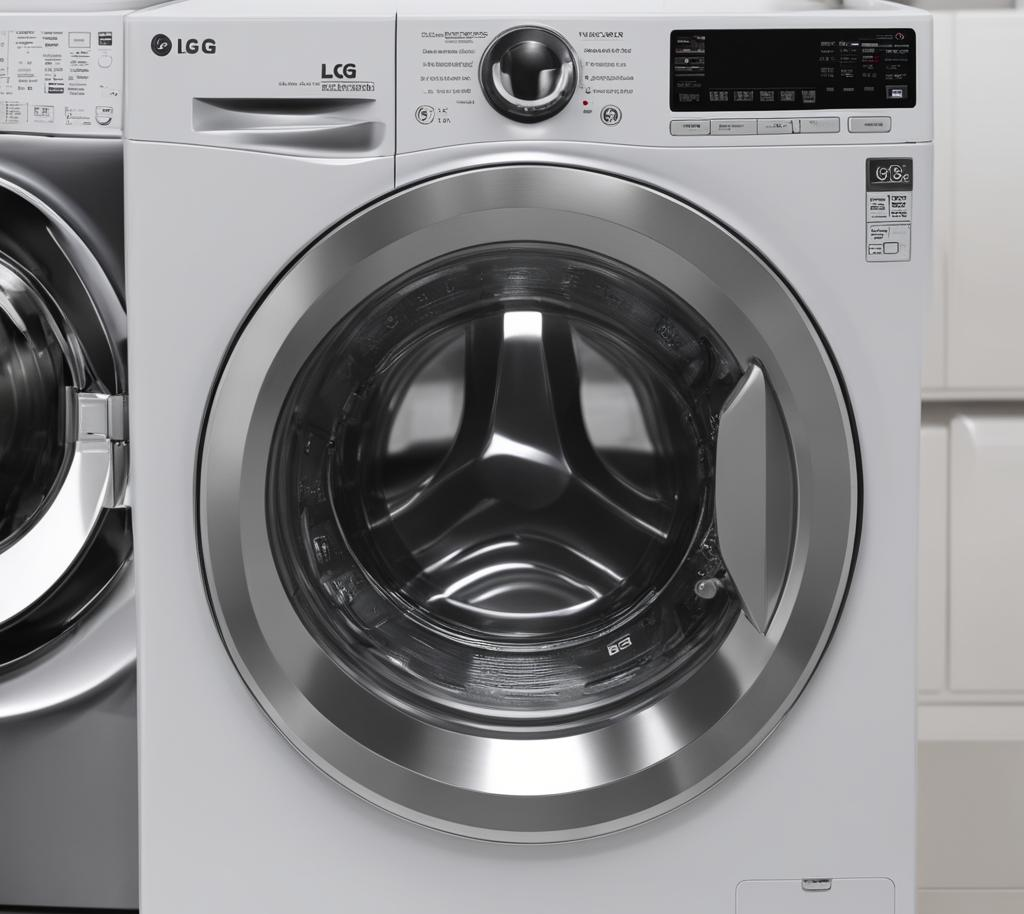
Water is not draining properly.
If your washer isn’t draining fully or is taking forever to drain, the drain pump filter is probably clogged. This little filter catches debris to keep it from entering your drain lines. Simply unplug the washer, locate the drain pump filter (usually behind a small access door at the bottom of the washer), and clean it out. You may need a wrench to open it. Remove any debris, hair, coins, or whatever built up in there, and put it back on. Your washer will be draining like new in no time!
The washer is not spinning.
If your washer fills with water but doesn’t proceed to the spin cycle, the door lock assembly could be malfunctioning. The washer won’t spin if the door isn’t properly locked. Try resetting the washer by unplugging it for 5 minutes. Plug it back in and try starting a spin cycle. If that doesn’t work, you may need to replace the door lock assembly. Call an LG technician to test and replace the part.
LE error code
The dreaded LE error means there’s a problem with the motor. This could indicate that the motor itself is bad or that the hall sensor, a part that monitors the motor, needs replacement. Again, this is best checked by an LG repair professional to properly diagnose and fix it. They can test components to determine if the motor, sensor, or wiring needs replacement.
Noisy washer
Loud noises coming from your washer could be due to several issues. It could be a bad bearing, worn drum seals, a loose drain pump, or another part. The seals and bearings are normally accessed by removing the washer cabinet. Unless you’re very handy, it’s best to have an LG technician service the washer to determine the exact cause of the noise and perform necessary repairs or part replacements to get your washer spinning quietly again.
I hope this helps you troubleshoot some of the common problems with your LG washing machine. Let me know if you have any other questions!
Related FAQs
Is it worth fixing a pump on a washing machine?

Repairing your washing machine pump can totally be the way to go if fixing it is way cheaper than a whole new washer. On top of that, if your machine is still pretty fresh and working well overall, fixing the pump will let it keep kicking for longer and save you some serious cash down the line. Instead of dropping stacks on a new appliance, get that pump fixed and enjoy more time with your trusty cleaner. It’s a smart move financially and for the environment too—why waste a machine that just needs a little TLC? Get that repair done and keep that wash cycle flowing!
Are LG washers expensive to repair?

Getting your LG washer working again doesn’t need to break the bank. Repair costs vary depending on the problem, but most fixes fall between $200 and $265. That’s way less than buying a new machine!
One super common issue is a bad water sensor. Good news: swapping that out is around $150. Can you believe it? Less than two hundred bucks, and you’ll be back to clean clothes.
Of course, prices may change depending on the specific part or how much time the repair takes. But on average, LG has you covered to avoid that costly new washer purchase. Next time yours acts up, just call the repair pro. They’ll have your LG spinning again in no time!What is the most expensive part of a washing machine?

Wow, a new washing machine drum is definitely the priciest replacement part out there! You’ll want to set aside a minimum of around $400 for a new drum. But on the bright side, fixing the water inlet valve is super affordable. This little valve lets water into your washer, so it’s crucial to have it working right. Best of all, you won’t have to dish out much dough to replace it—we’re talking like less than $100 here. It is always good to know there are cheaper fixes out there when unexpected washing machine issues arise. Fingers crossed, the drum holds out for as long as possible!
Is there a reset button on a washing machine?

Wow, friends, resetting your washing machine is easier than you think! First, check the manual, since some machines have a dedicated reset button. If not, no worries—just disconnect it from power for a few minutes. Then, quickly open and close the door six times within 12 seconds. That’ll perform a master reset and get it working like new. Before resetting, also double check the power, circuit breaker, and that the child lock isn’t on. Oh, and make sure to adjust the load or drain the water house if needed. Follow these steps, and you’ll be cleaning clothes in no time. Happy washing!
Conclusion
Well, as you can see, LG washing machines are great appliances, but they do occasionally run into issues, just like any other product. The good news is that most problems have straightforward solutions or fixes to get your washer up and running again in no time. I hope this overview of the most common LG washer problems and troubleshooting tips helps you diagnose and repair your own washing machine. If all else fails, don’t hesitate to call in a technician. They’re trained professionals and can have your washer fixed or replaced quickly, so you can get back to clean clothes and a fresh start. Stay positive. With the proper care and maintenance, your LG washer should provide many years of dependable service. Keep washing, and stay tuned for more helpful tips and tricks in my next article!


